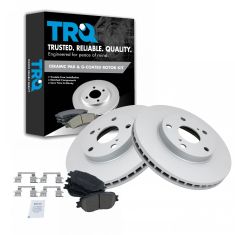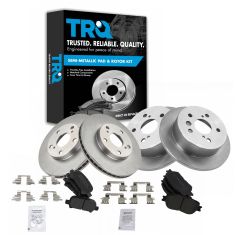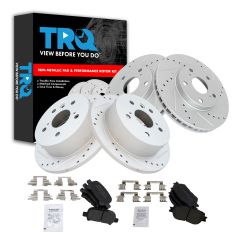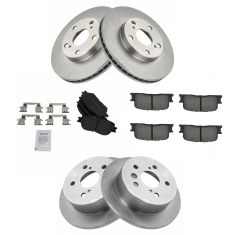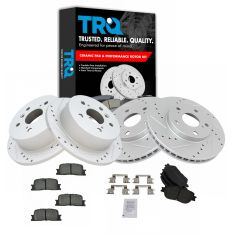1ABFS01726-Toyota Camry Front Semi-Metallic Brake Pad & Rotor Kit TRQ BKA11307
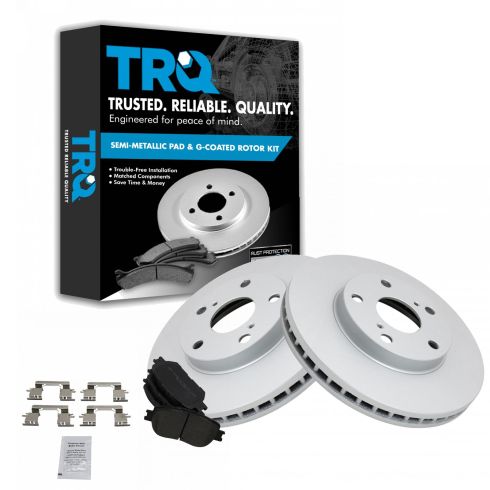
Replaces
2002 Toyota Camry LE Front Semi-Metallic Brake Pad & Rotor Kit TRQ BKA11307

Product Reviews
Loading reviews
1.00/ 5.0
1
1review
Wrong part
April 1, 2020
I didn't get wat I order wrong part
Customer Q&A
No questions have been asked about this item.
Toyota is a registered trademark of Toyota Motor Corporation. 1A Auto is not affiliated with or sponsored by Toyota or Toyota Motor Corporation.
See all trademarks.










